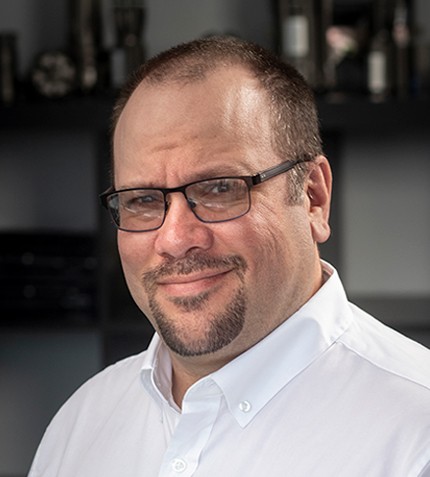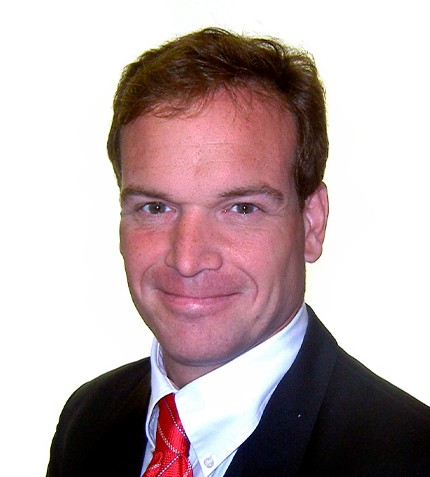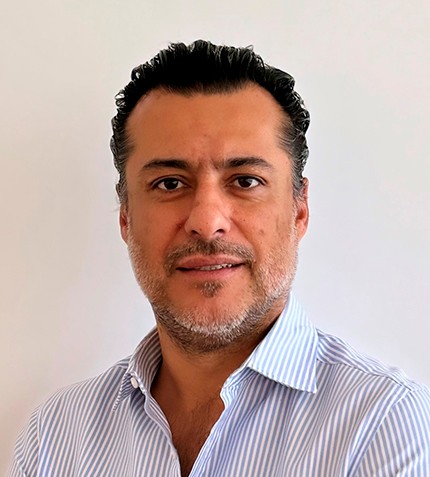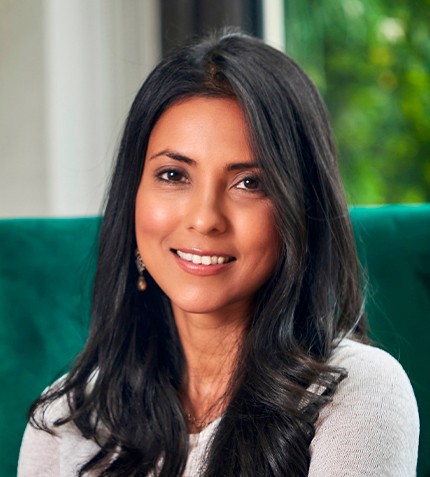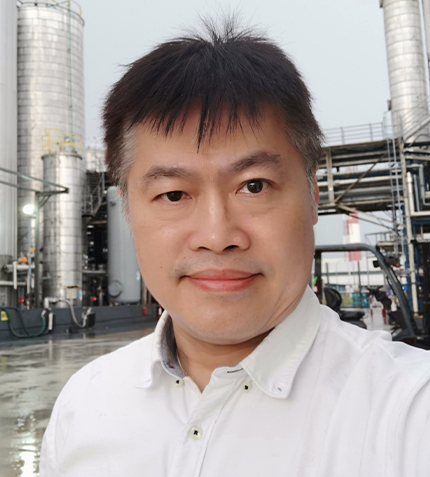
"As companies look to decentralize manufacturing and seek in-region flexible, and just-in-time operations, our hardware configuration needs to adjust to meet these needs."
Johnson Lai
VICE PRESIDENT, CHEMICAL SPECIALTIES LIMITED (CSL)
Could you provide an overview of recent activities at CSL?
Over the past year, CSL has seen a notable increase in customer engagement where customers are actively pursuing business plans and economics evaluations, converting their Singapore tolling ideas into action. We have been busy onboarding several customers, which means a fast turnaround in our project execution is usually required as we modify our hardware to fit customers' specific process needs under a short timeline.
CSL remains a toll manufacturer of choice in this region by our customers as we do not manufacture our own products, therefore maintaining a high level of trust and integrity in terms of safeguarding our customers’ IP.
Has the demand for chemicals in the region changed since last year?
In the segments that we participate in, the demand for chemicals in the region has not changed significantly versus the pre-pandemic period. However, what has changed is the approach to supply chain footprint design. What used to be a globally integrated supply chain is breaking into regional self-sufficiency designs for resilience. Many companies are expressing interest in setting up manufacturing plants in the region to cater to regional demand, rather than importing from Europe and the US. Although the demand for these chemicals in this region may not have changed significantly, the demand for the capacity to make these products from within this region has increased.
Have energy costs and other expenses continued to rise?
Energy costs are high, but they at least seem to be plateauing now, and the shock of the initial increase has somewhat normalized. What continues to impact the industry is the rising cost of raw materials, construction costs, and labor. Our business model offers our customers bespoke process flow hardware that ensures quality and reliability. For every project that we onboard, we modify our plant to fit each new customer's needs. Inflationary pressures are having a significant effect, with construction costs having risen by nearly 30-40% since pre-pandemic times. Unfortunately, this may be the new norm that we need to adjust to.
What are some advantages of being based in Singapore and on Jurong Island specifically?
Jurong Island offers unique advantages due to the availability of both basic and refined chemicals. It has an excellent infrastructure and easy access to materials. Freight & Logistics connectivity is one of the key pillars of Singapore as one of the key gateways of the region. Additionally, Singapore's vast free trade agreement network is advantageous for our customers who export their goods. Moreover, Singapore offers excellent intellectual property (IP) protection, which is crucial for our customers.
Regarding the digitization of manufacturing and Industry 4.0, what are your thoughts on its applicability to CSL?
In the context of CSL, our operation is restricted to a single plant operation in Singapore with limited connectivity needs to the broader/ macro level supply chains. Our digitization efforts primarily focus on in-plant automation building blocks that enable us to enhance our plant’s safety and predictive/ preventive maintenance for reliability.
How has the increasing carbon tax in Singapore affected CSL?
At CSL, we are at the moment less affected by this carbon tax because the government segregates the industry into tiers based on energy consumption. However, we continue to actively engage in various energy efficiency initiatives.
What are your strategies for the coming year and how do you see the future shaping up for CSL?
The discourse around global supply chain decoupling is likely to continue, which poses an unfortunate situation for the world but provides us with some opportunities. As companies look to decentralize manufacturing and seek in-region flexible, and just-in-time operations, our hardware configuration needs to adjust to meet these needs. There is also a growing conversation around sustainability and oleochemistry is one avenue being pursued. As the majority of palm is produced in this region, we find ourselves at an advantage. This shift towards sustainable chemistry fits in well with Jurong Island’s existing infrastructure and its readily available oxide producers, another key building block for alkoxylates. Our future strategy involves adapting our hardware configuration to cater to these evolving needs. However, the challenges ahead cannot be discounted. Uncertainties around economic recession still loom, but we remain adaptable and prepared to face the upcoming changes.




